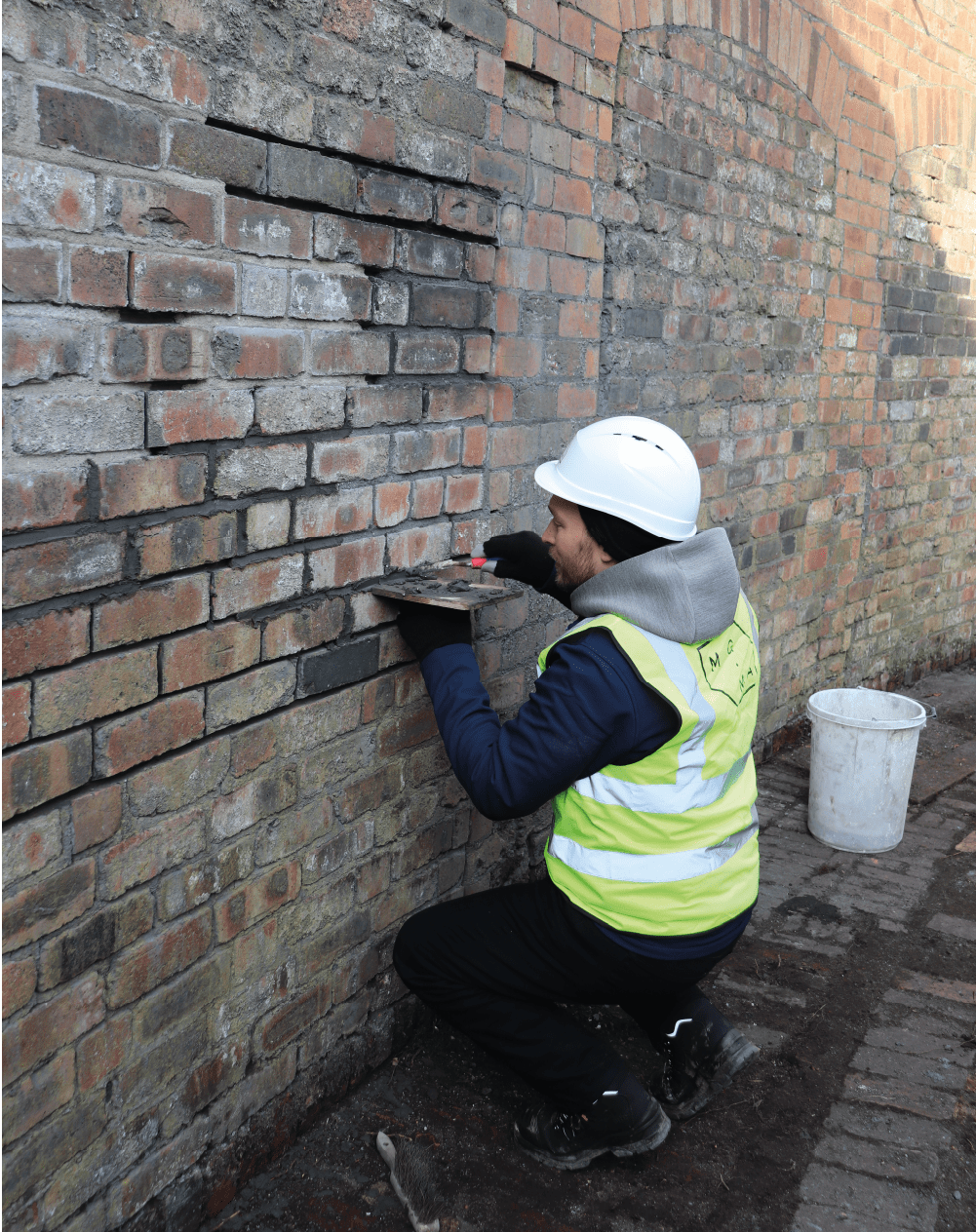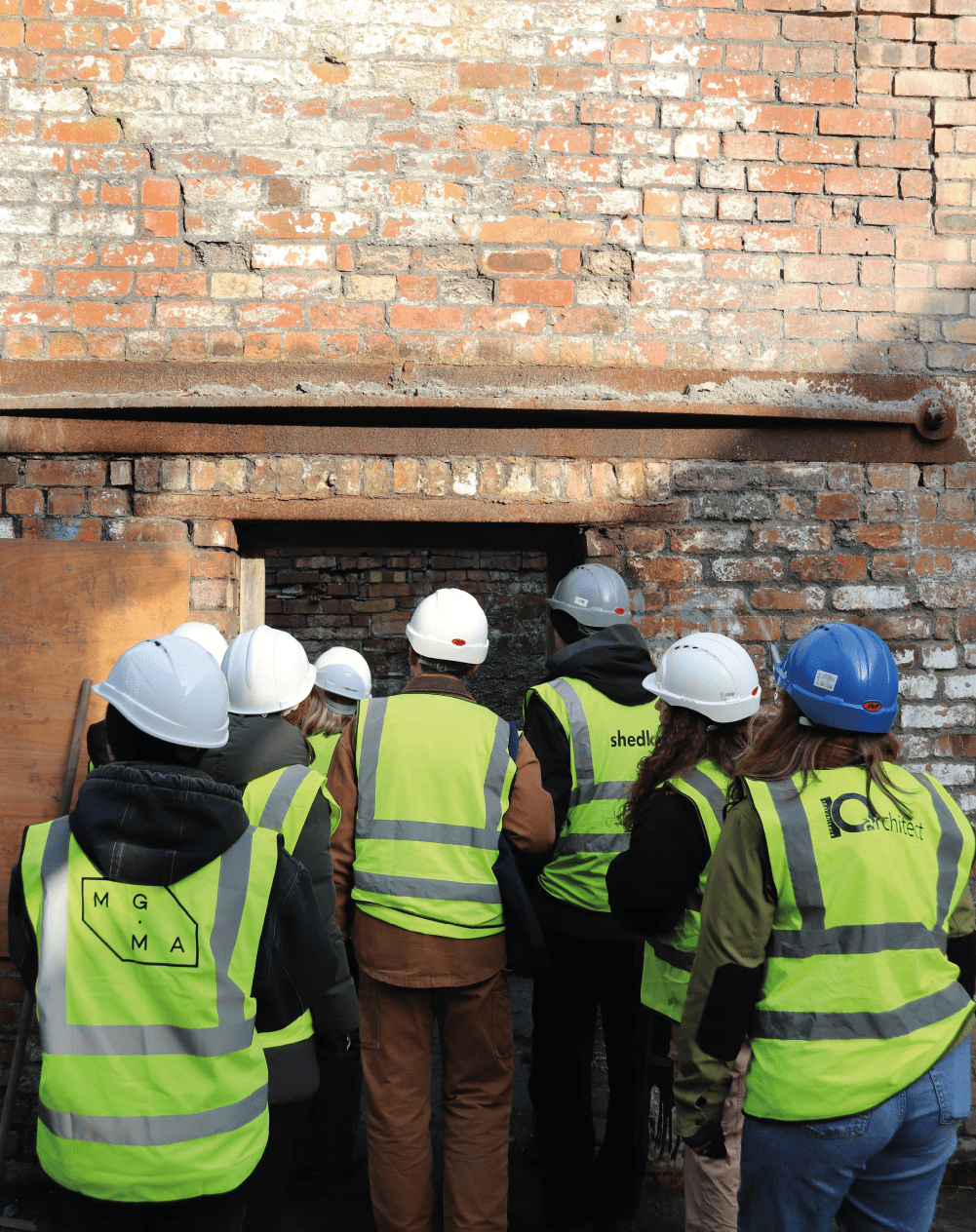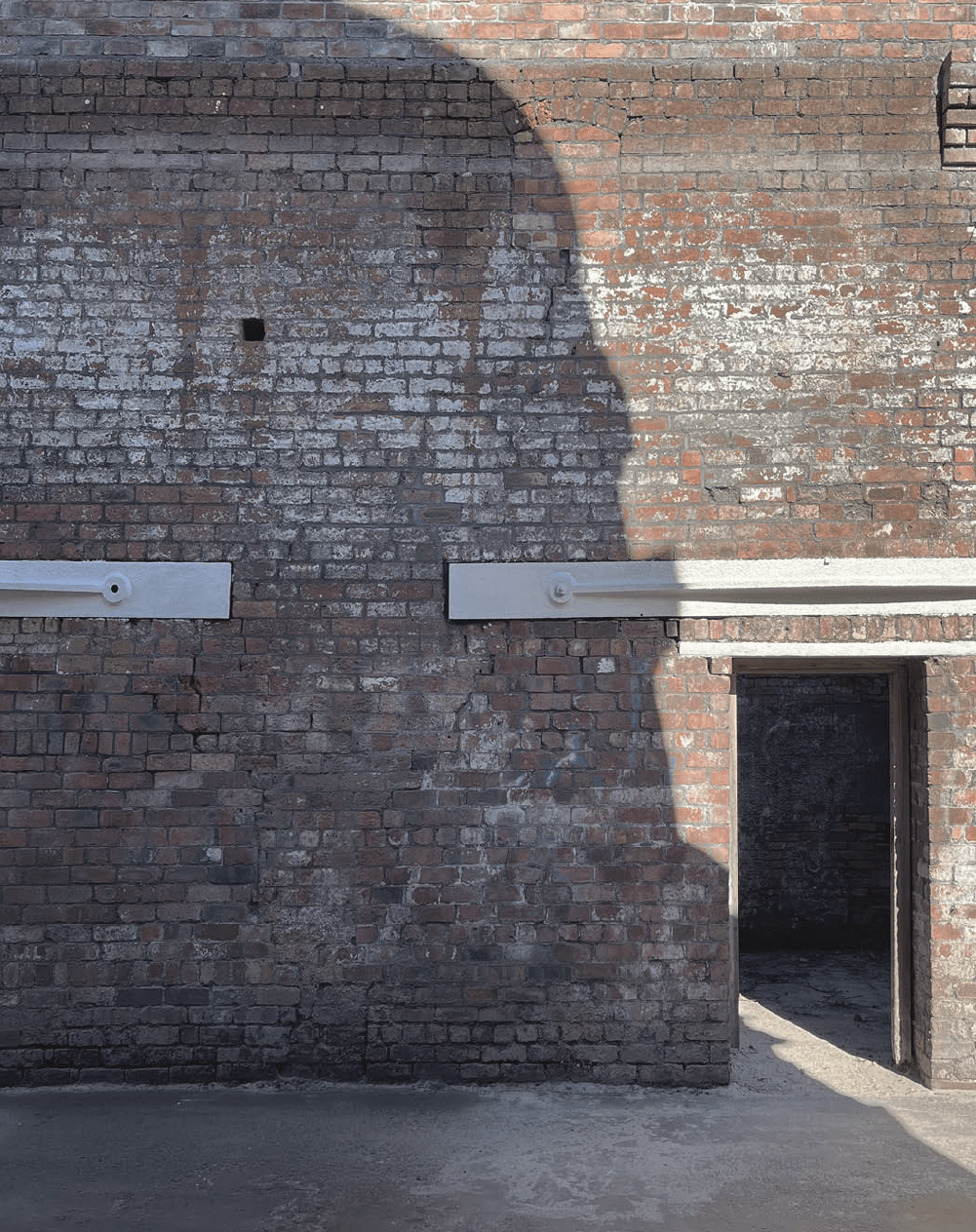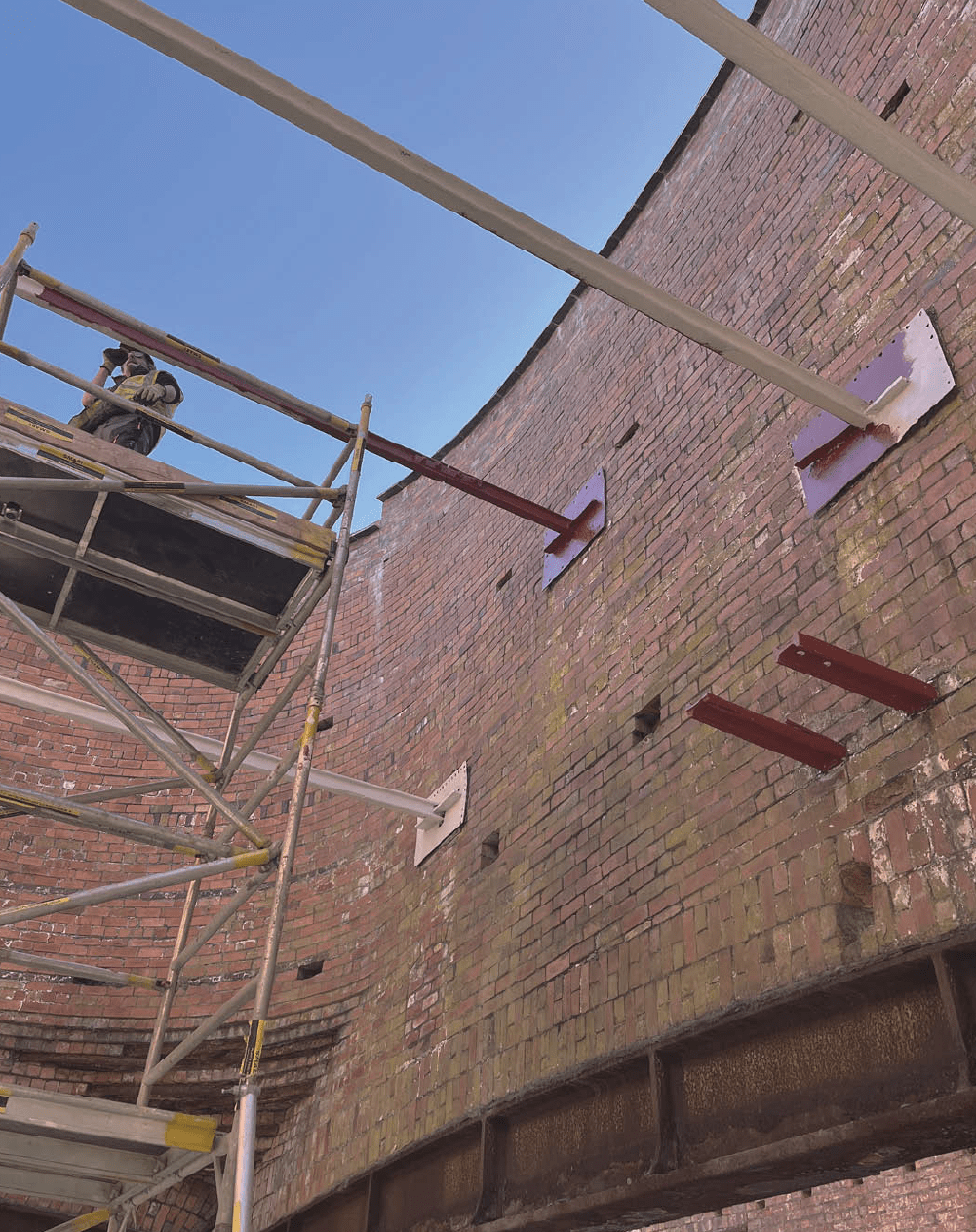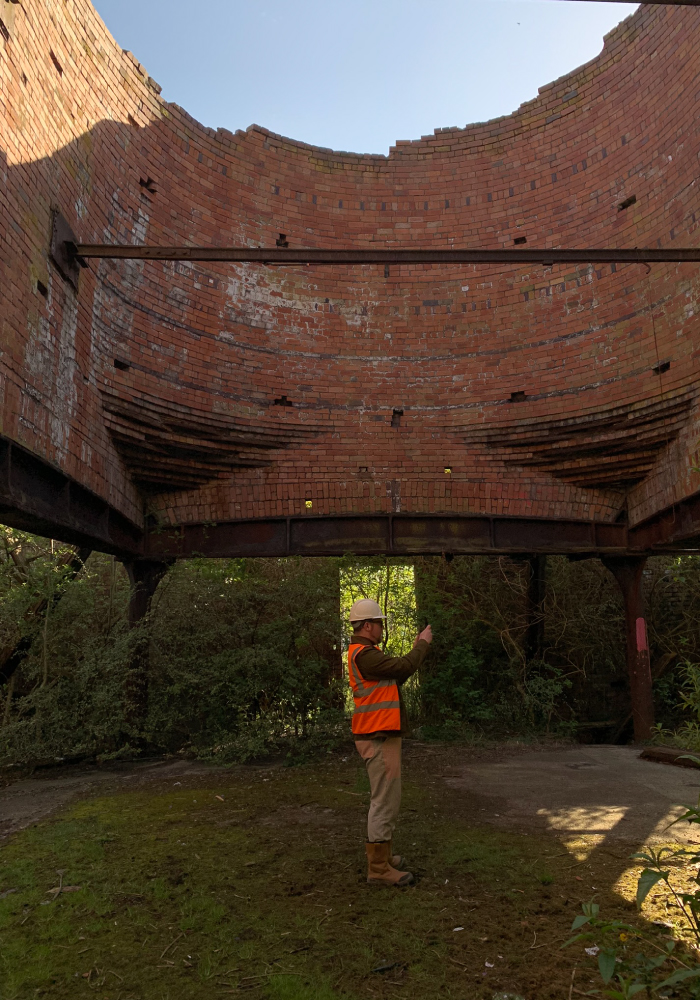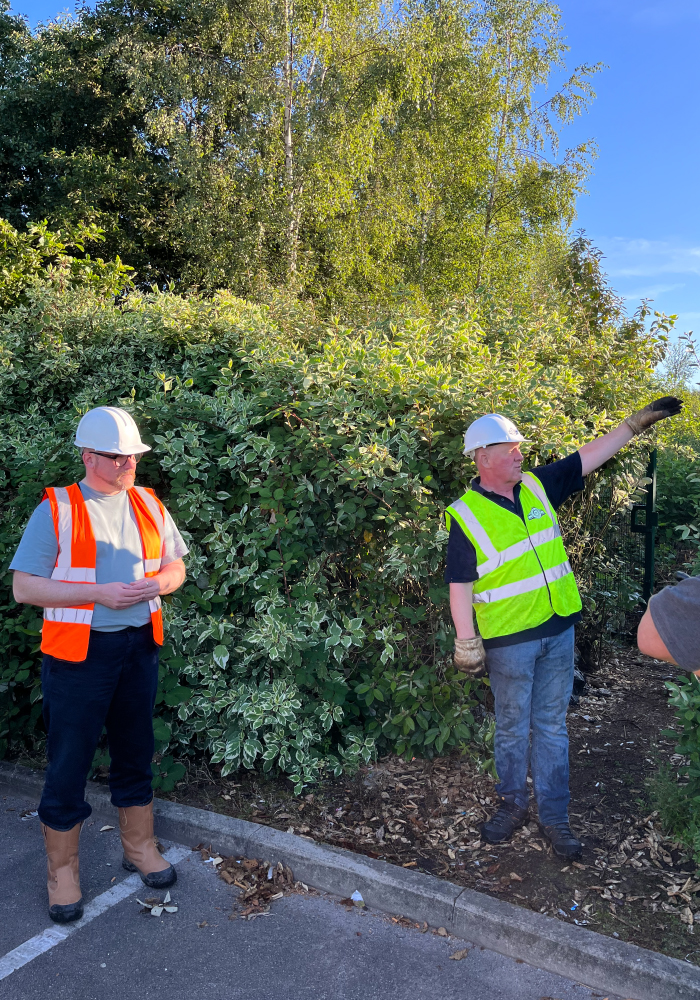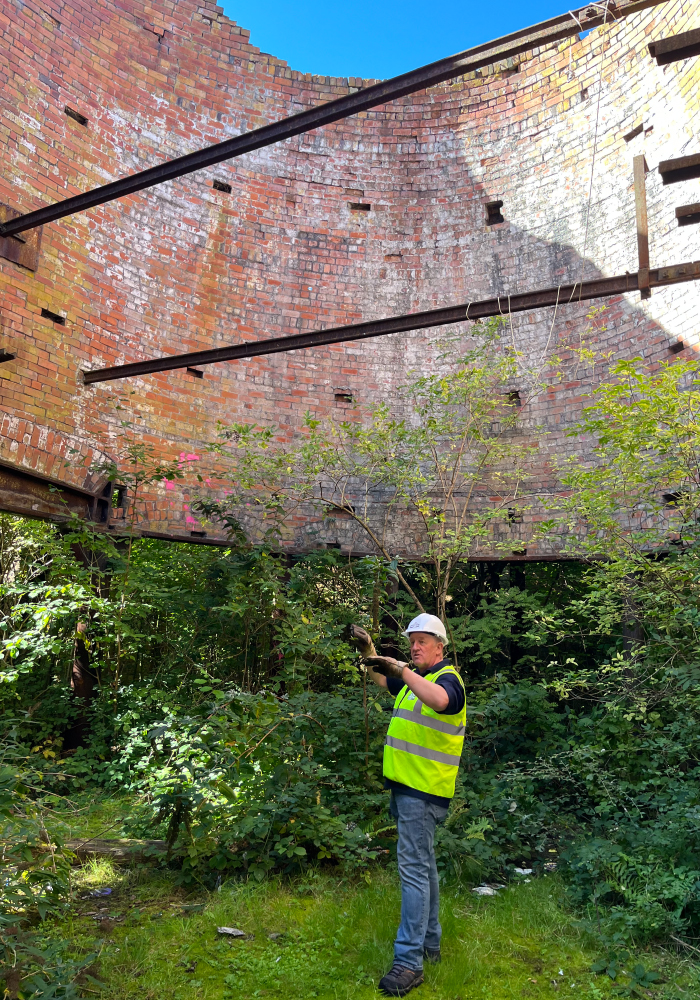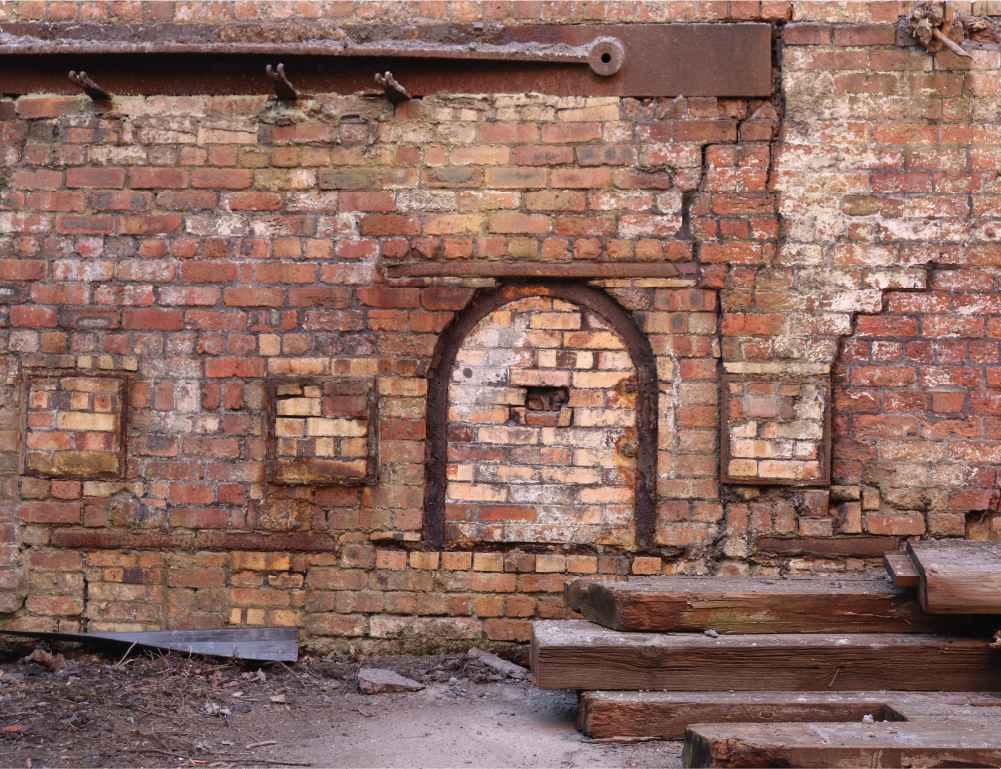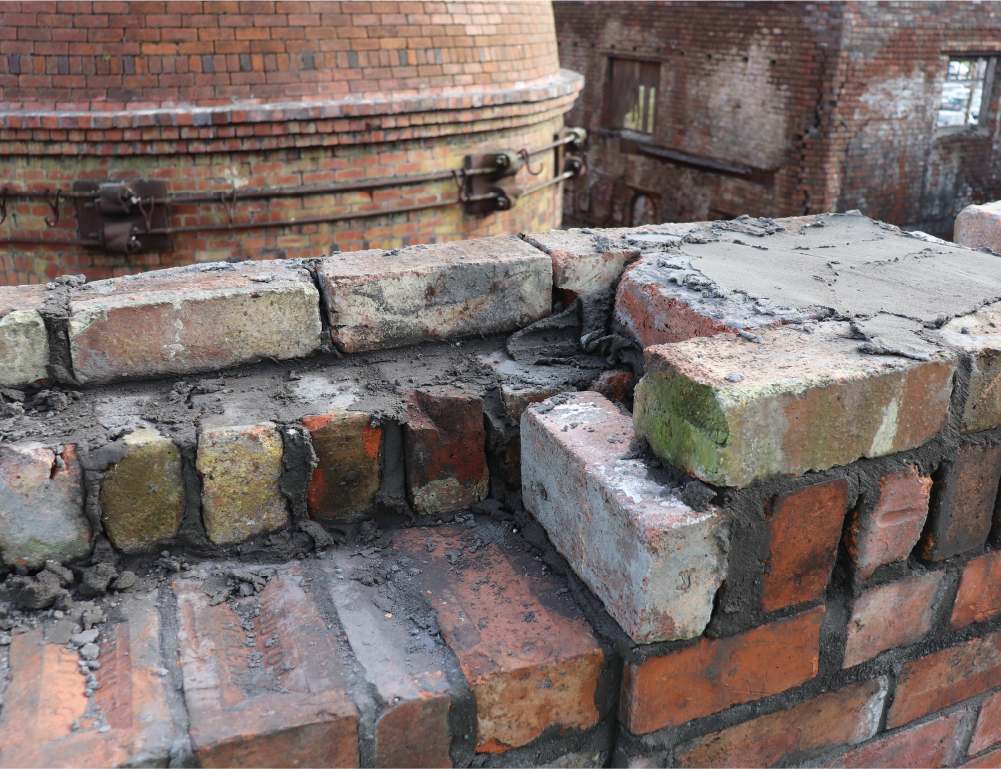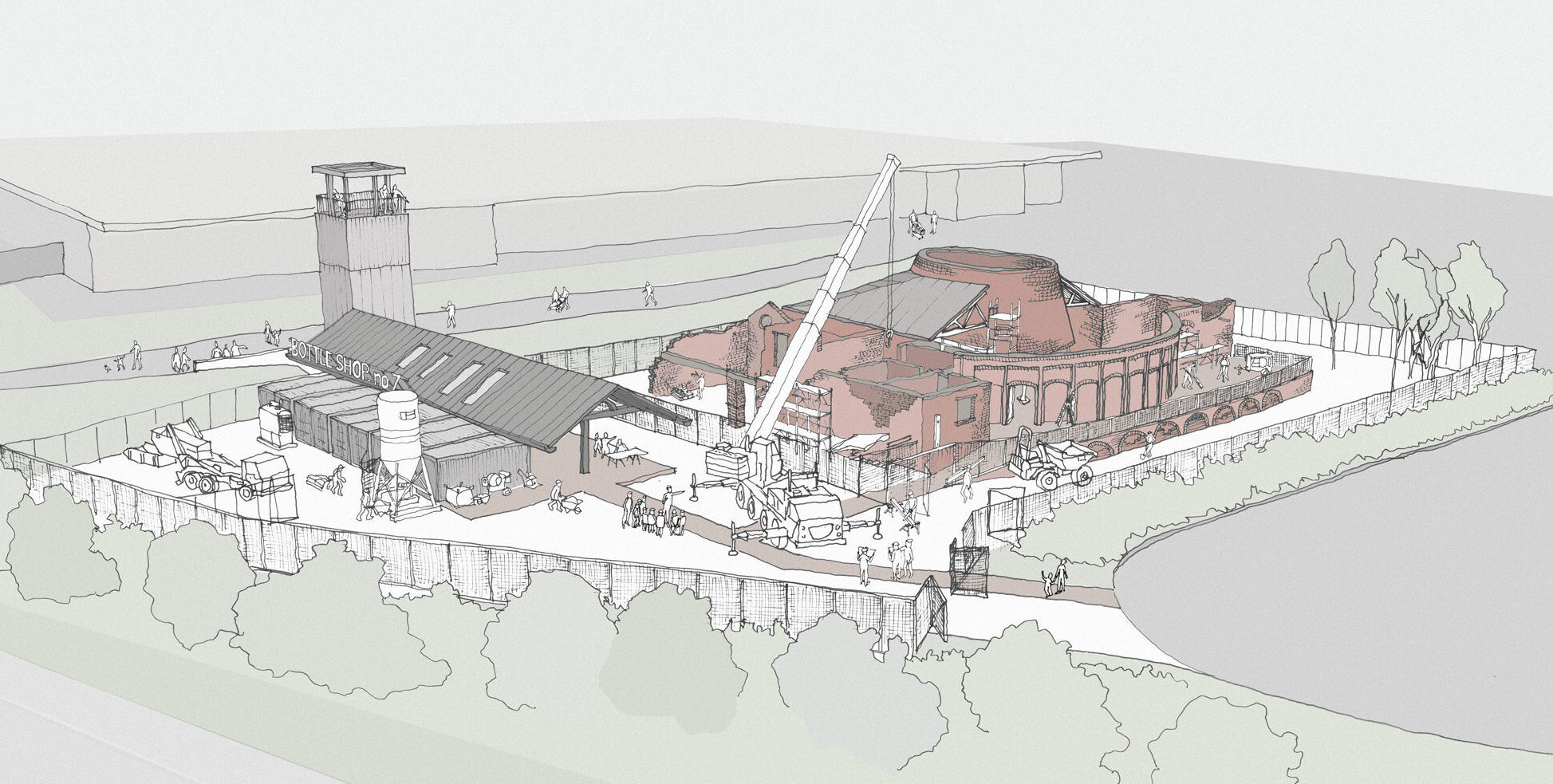Cannington Shaw

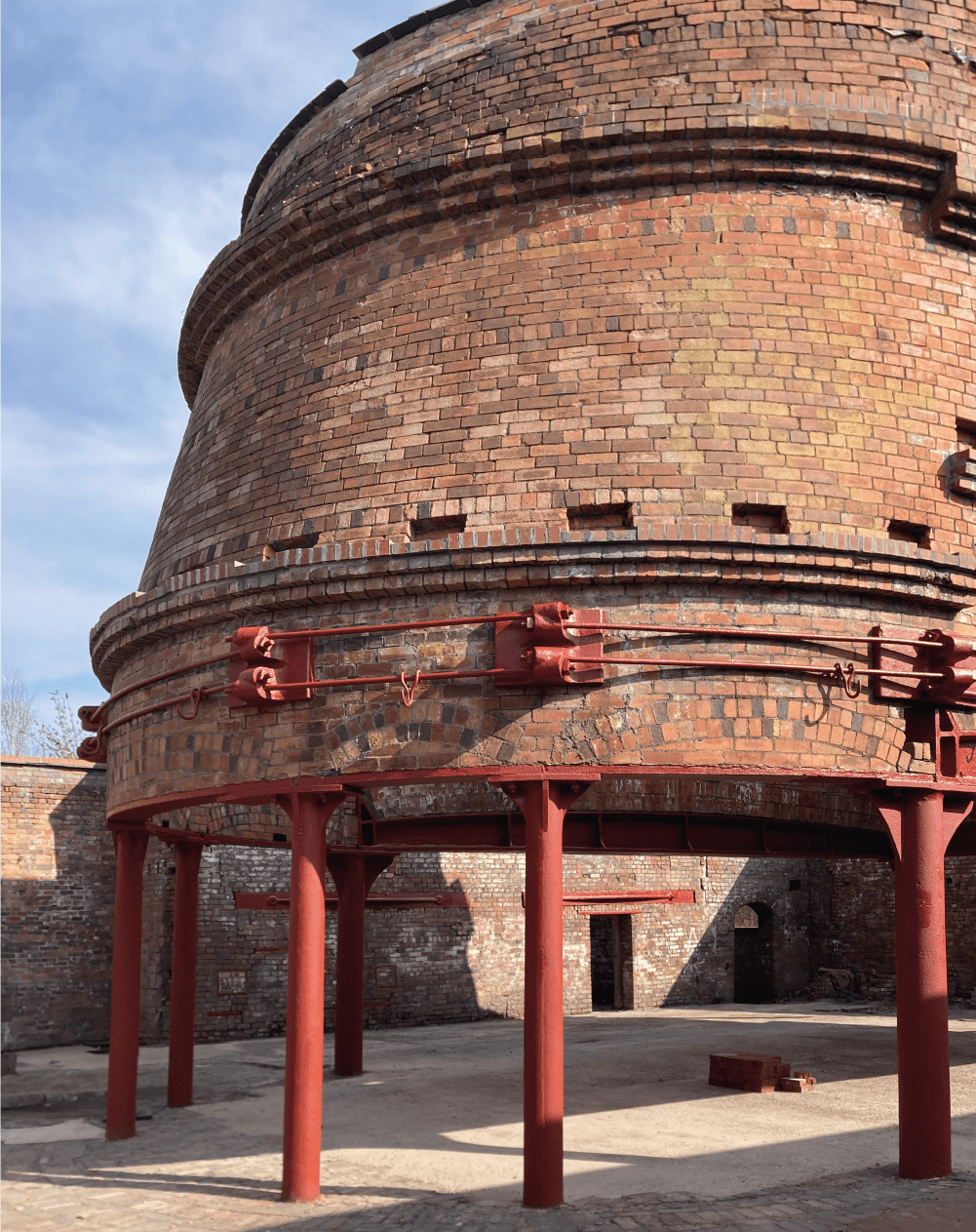
Cannington Shaw No.7 Bottle Shop is a derelict Grade II listed C19 former glass bottle furnace and workshop located in St Helens. The site is protected as a Scheduled Monument, reflecting its significance as the earliest surviving example of a regenerative tank furnace, developed by Friedrich Siemens - one of the first applications of its kind in continuous process operation for the manufacture of glass bottles.
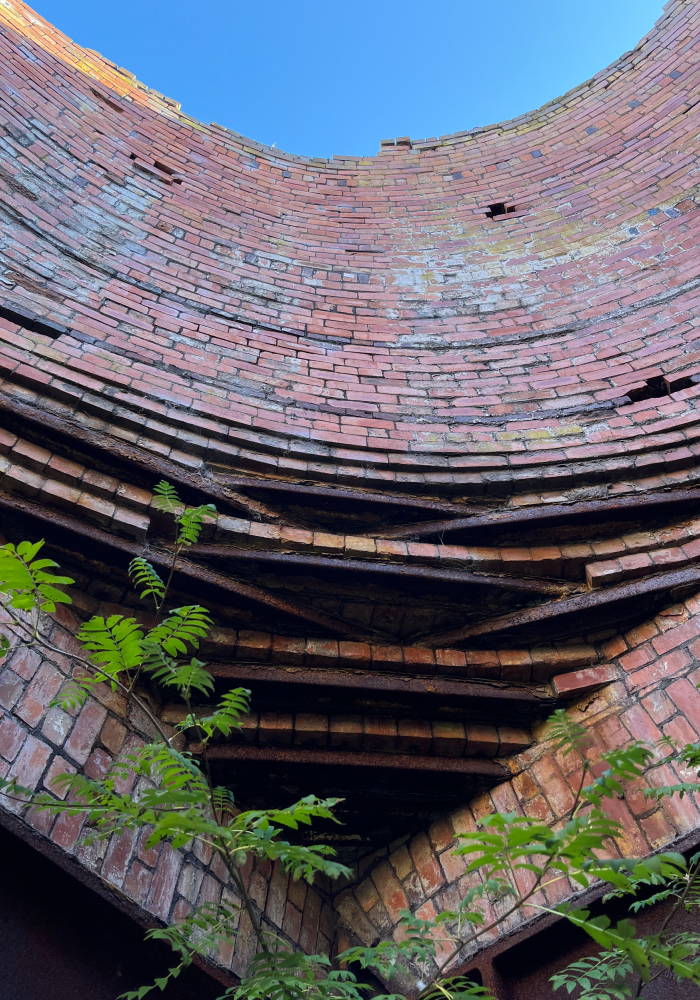
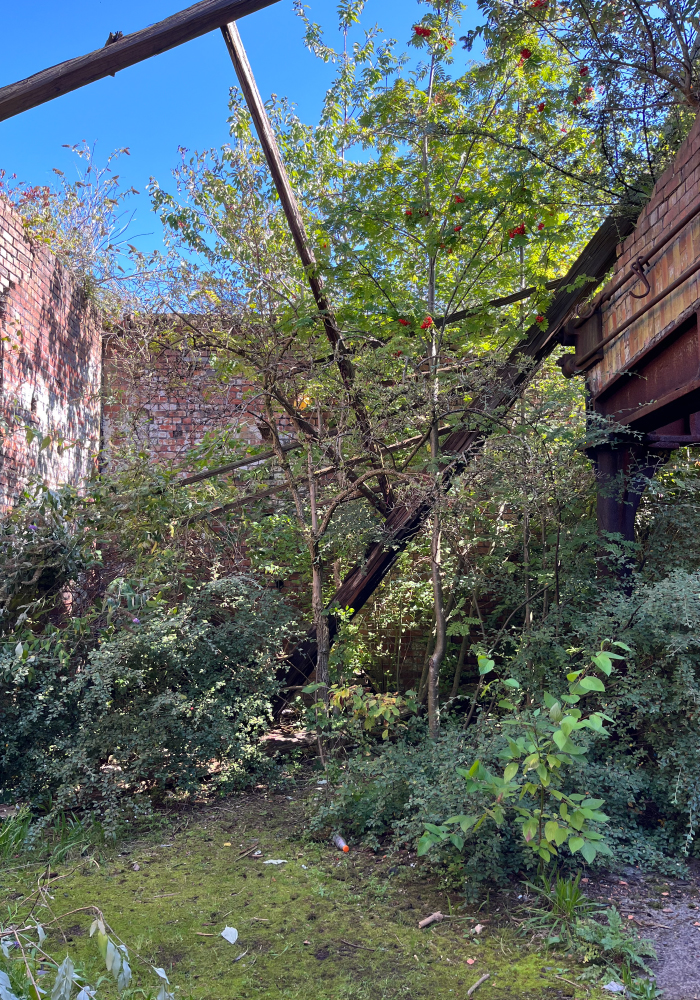
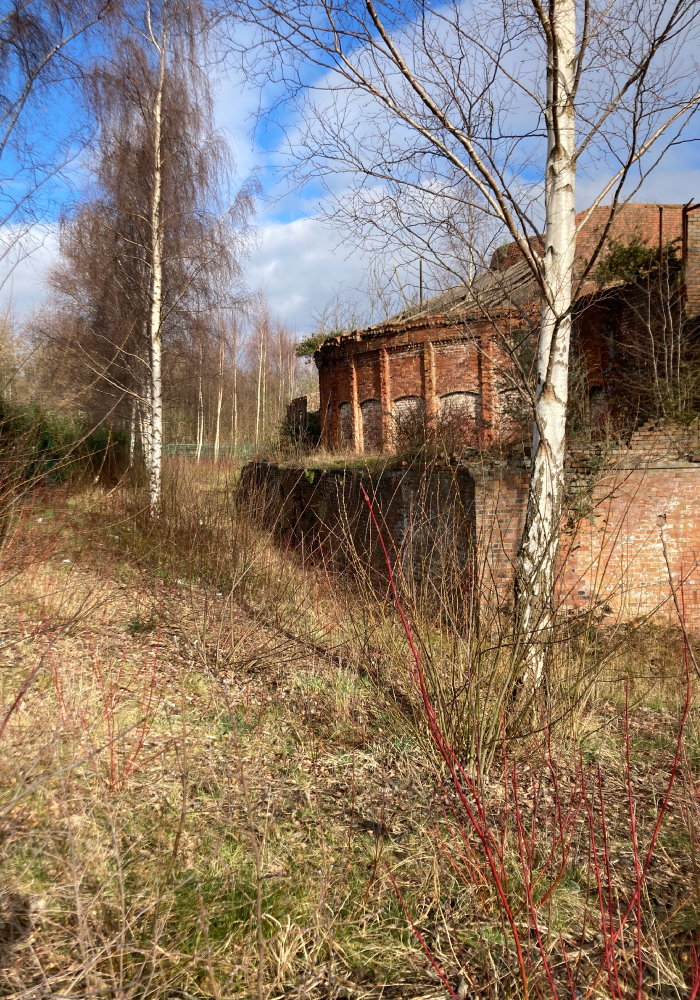

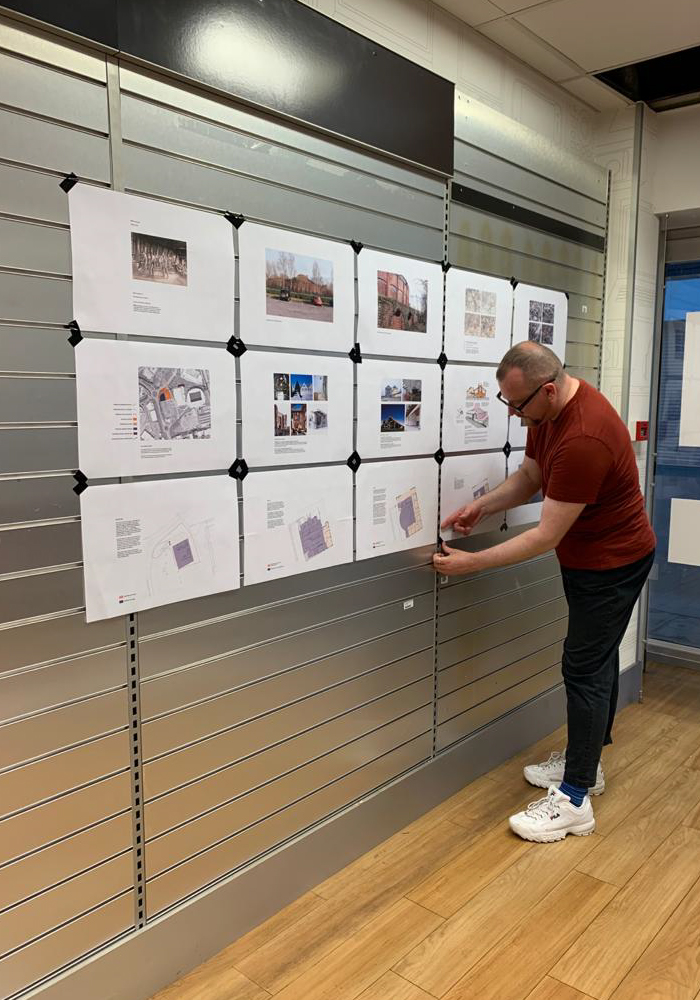


The Cannington Shaw plant was, at its height, the largest glass bottle maker in the world. No.7 Bottle Shop was closed in 1918, however the site remained in use as a store until the closure of the entire plant in the early 1980s. The surrounding site was redeveloped for retail and leisure uses, leaving No.7 Bottle Shop as the sole surviving element.
The Cannington Shaw Preservation Trust CIC was formed with two key aims: to save the No.7 Bottle Shop and preserve the building for the future, and to use the process of conserving the No.7 Bottle Shop to benefit the community.
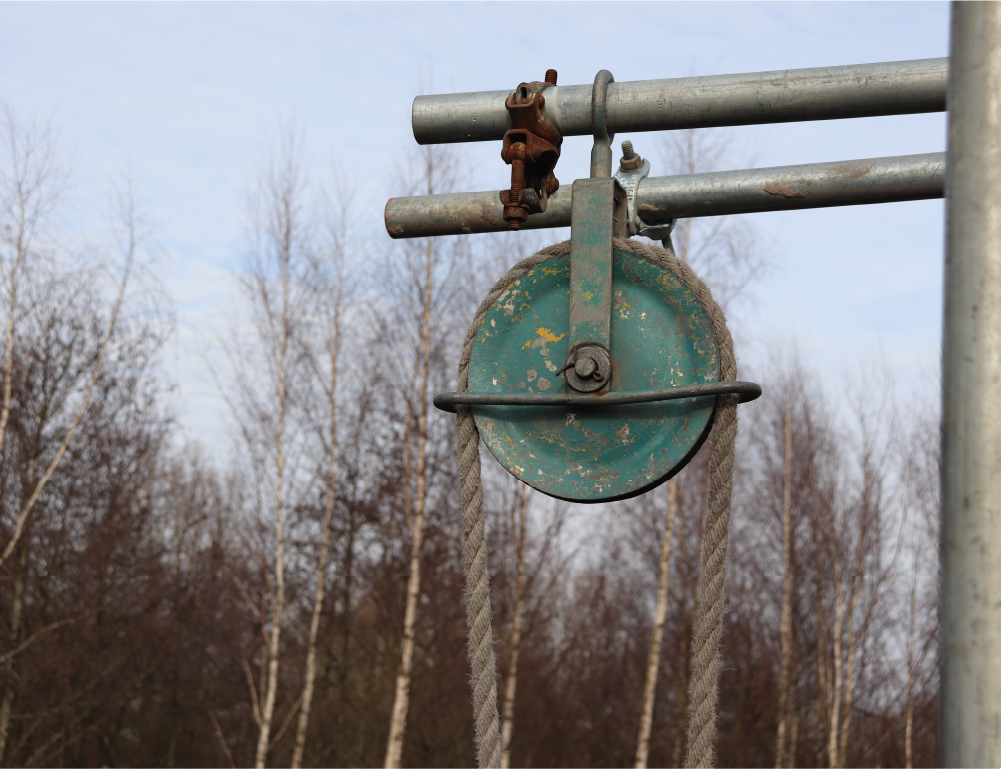
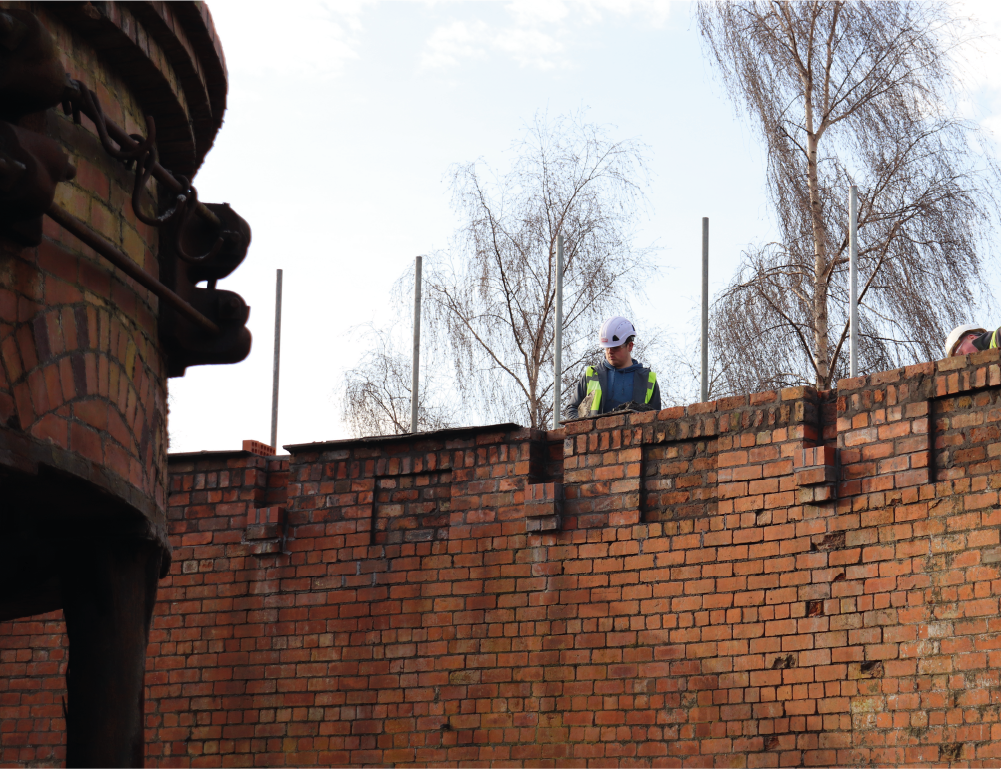
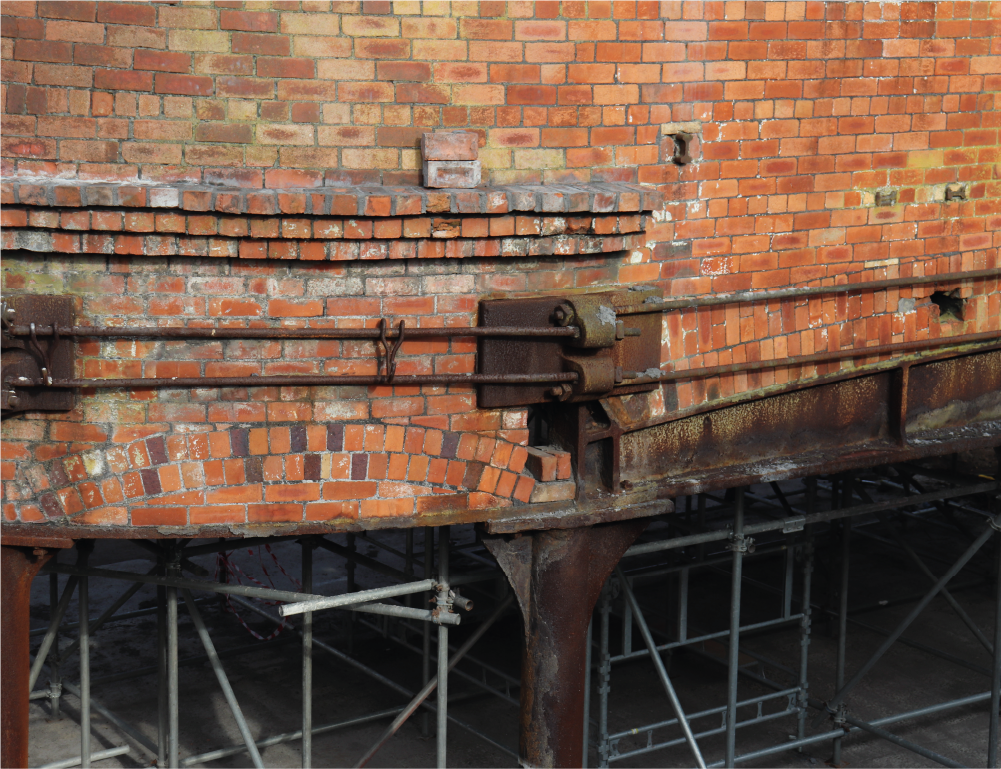
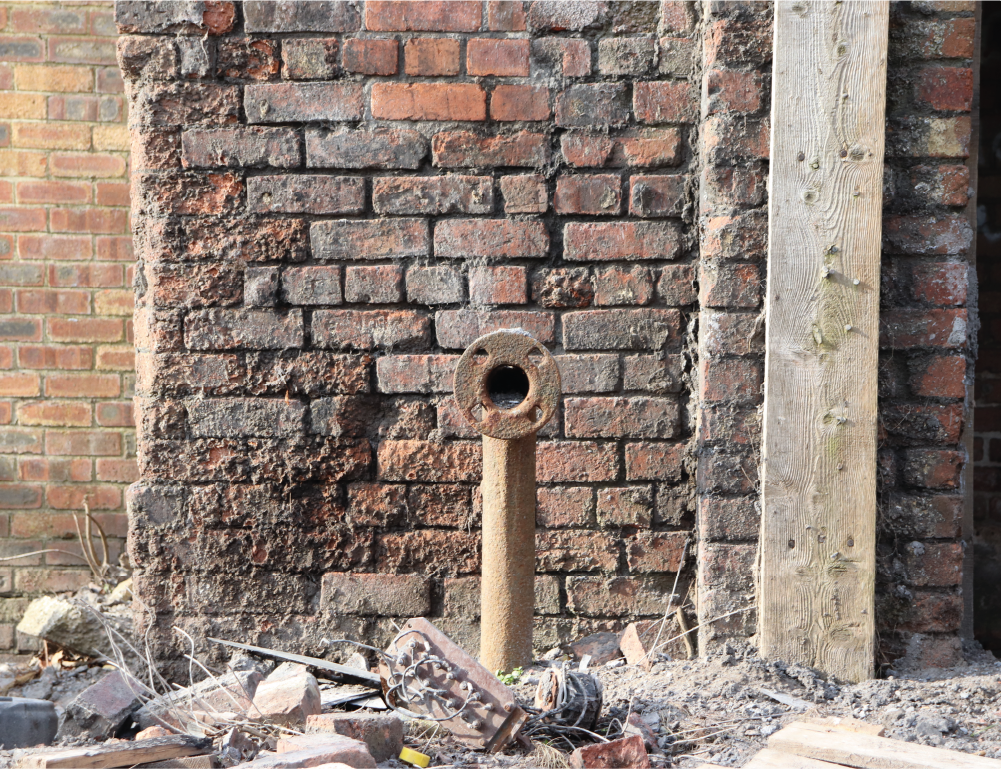
The first phase of development is supported by the St Helens Town Deal, and includes for stabilisation and conservation works to the retained structure, together with formation of new access routes and the provision of facilities for the Trust in the northern compound, adjacent to the Scheduled Monument site.

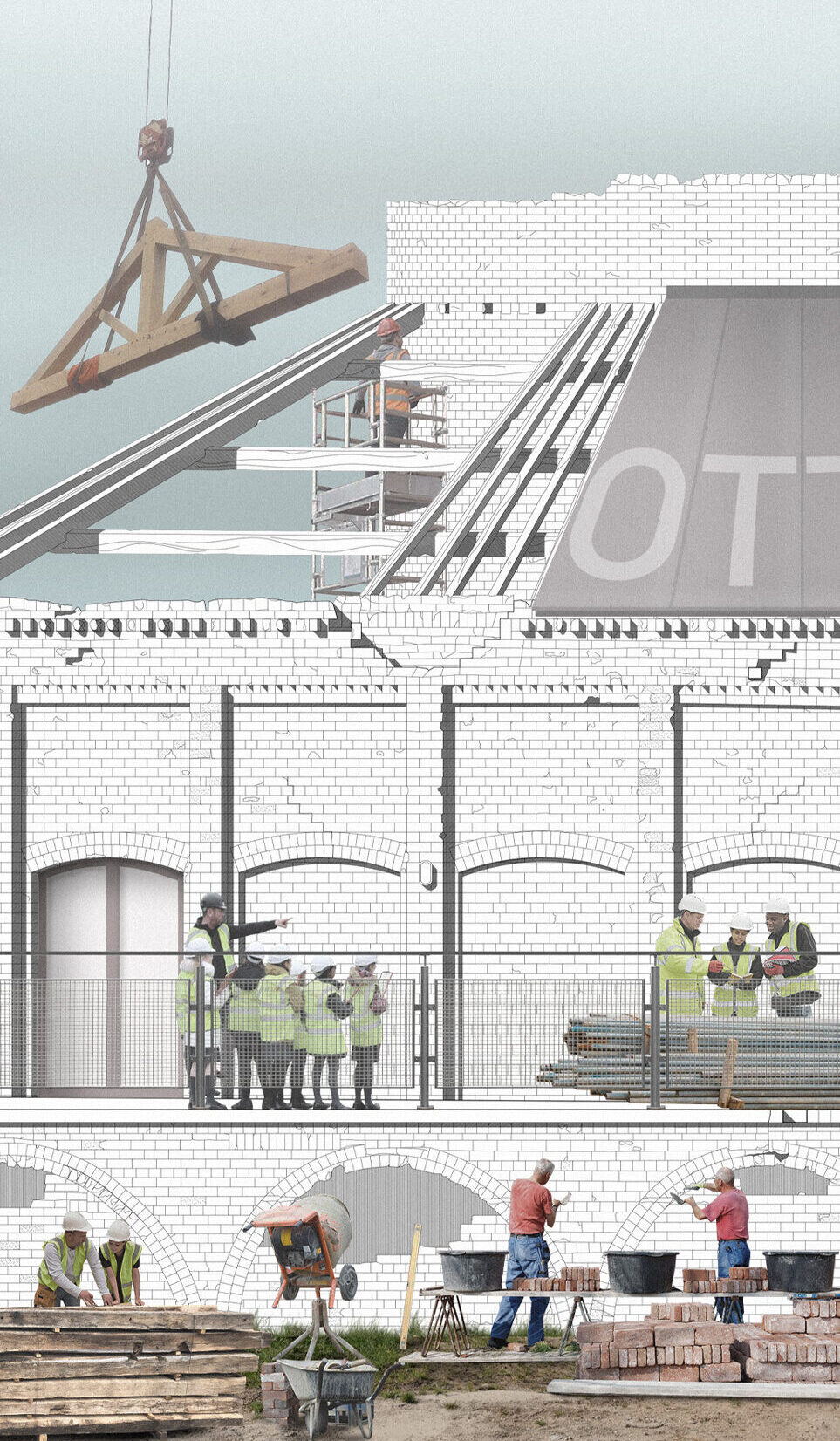
The new interventions respond to the formal and material context of industrial St Helens, with fully reversible interventions with exposed steel structures, profiled sheet materials, and modular containers housing the Trust facilities. The framed, demountable nature of the new interventions complements the weight of the retained historic masonry structure.
